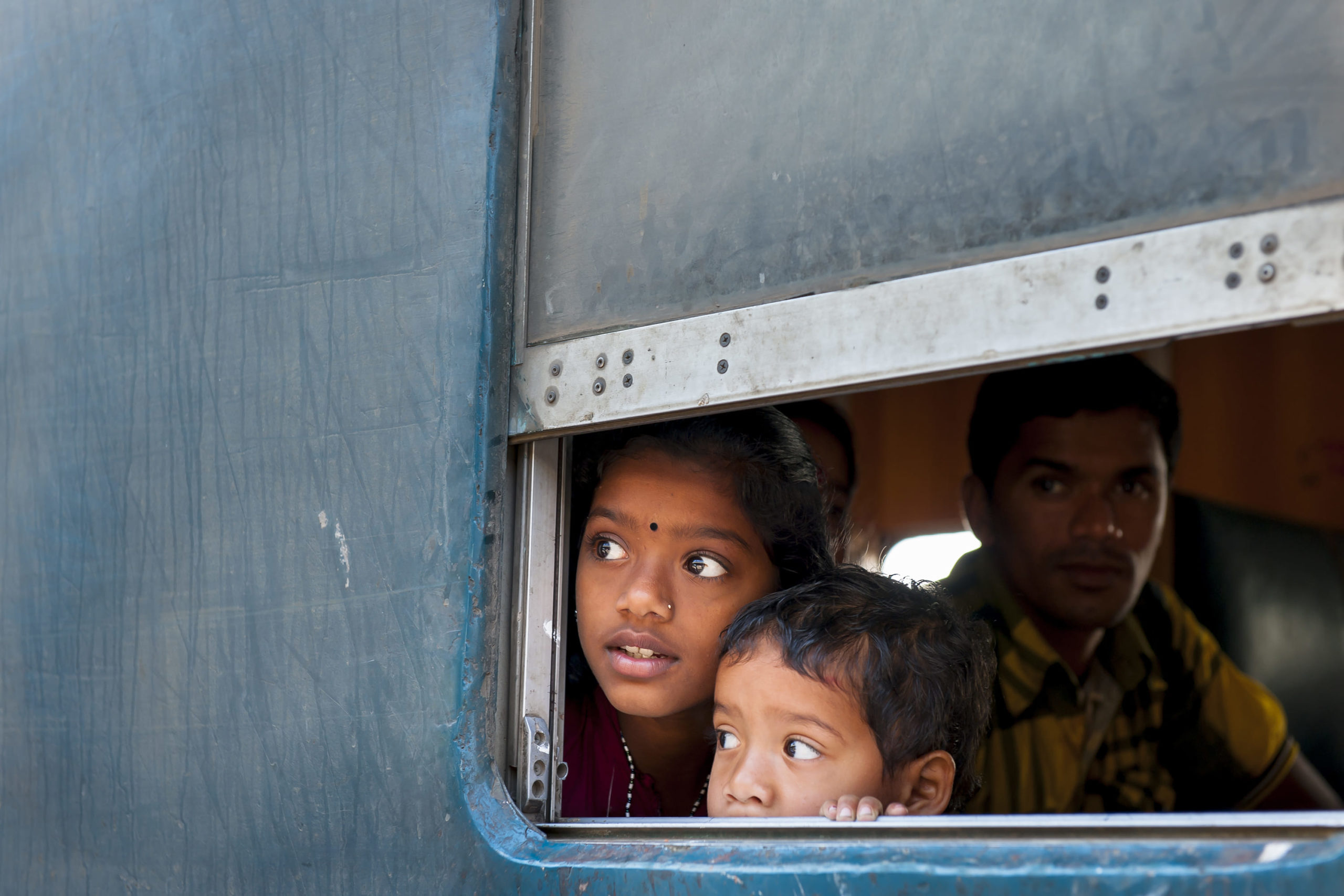Children who grow up in poverty are more likely to experience poverty in their adult lives, manifesting intergenerational poverty traps. Studies with long-term panel data show that the poverty status of households in their childhood is associated with their human capital, occupational choice, income, as well as their age of marriage, fertility, and migration. While the evidence of such intergenerational transmission of poverty demonstrates the long-term consequences of poverty, there is limited causal evidence of anti-poverty programmes on changing the lives of the next generation of beneficiary households. BRAC’s Ultra-poor Graduation (UPG) programme, also known as the Graduation Model, has gained prominence as a social protection tool due to the strong evidence of impact on reducing poverty in 2-4 years and sustaining these changes over 10-11 years. This model was developed in Bangladesh in 2002 and has now been adopted in many countries. According to an estimate by the Partnership for Economic Inclusion at the World Bank, there are over 92 million people from 75 countries who have been reached through different versions of the graduation model by 2022.
Among various impact evaluations, a large-scale randomized control trial (RCT) in Bangladesh contributed to this evidence base. The RCT was rolled out in 2007 and included 6,817 ultra-poor households from treatment and control groups. We propose to conduct a survey of 6,984 individuals (aged 5-15 years in 2007) who lived in these households to measure the long-term impact of reducing poverty in their childhood. This sample includes 3,323 females (treatment=2,048 and control=1,275) and 3,661 males (treatment=2,256 and control=1,405) household members. By interviewing these individuals who have reached their adulthood after the UPG interventions ended, we can measure the impact of this programme on a range of outcomes, including education, labour force participation, occupation, income, migration, marriage, and fertility. Besides these first-order outcomes, we also intend to assess any impact of the programme on their aspirations for their children, as many of them are expected to have children by now.
To test the feasibility of this survey, we have conducted a pilot tracer study in February 2023. We sampled 137 households who lived in 36 villages across six BRAC branch offices (three each in treatment and control). According to our baseline data, there were 214 children living in these families who were 5-15 years old, and we could interview 193 of them. We could collect some information for an additional 18 members from their relatives/friends, and only 3 members could not be traced at all. Since a high attrition rate can be a major challenge for such long-term impact analysis, the response rate of the pilot is extremely encouraging. While we can expect 90% of the sample to be interviewed in person, for the analysis of certain variables that can be collected from their original household members, we anticipate higher response rates.
Since long-term impact is a key element in the overall benefit-cost estimates of a comprehensive programme like UPG, this study will inform the policy discussions with assumptions of sustainability of the impact. Besides this policy implication, the study will contribute to the literature on the long-term effects of childhood poverty on a range of outcomes.
